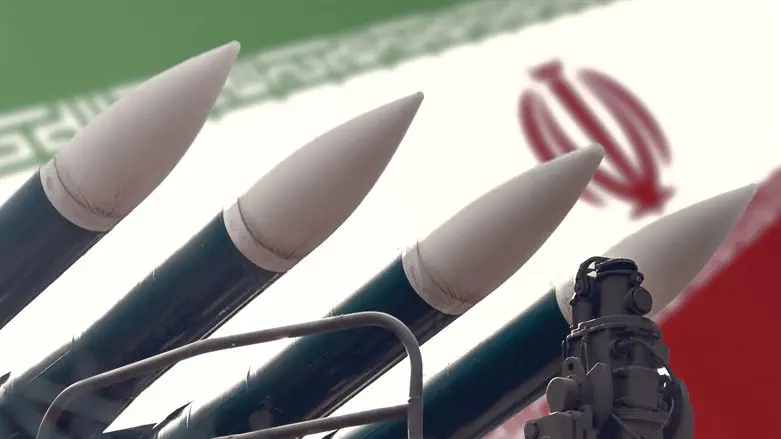
Iran has initiated the deployment of advanced centrifuges for uranium enrichment, a move it says is in response to a resolution by the International Atomic Energy Agency (IAEA) demanding increased transparency in its nuclear activities, Iran International reported on Sunday.
The report quoted Iranian Parliament Speaker Mohammad Bagher Ghalibaf, who criticized the resolution during an open session of parliament on Sunday, accusing the United States and European nations of exploiting Iran’s nuclear program for political purposes.
"The Islamic Republic of Iran's reciprocal response to this political misuse of the Board of Governors was immediately put into action, and the deployment of a set of new and advanced centrifuges has begun," stated Ghalibaf, according to Iran International.
The IAEA resolution, supported by major Western powers, raised concerns over Iran's lack of cooperation in addressing undeclared nuclear sites. It urged Tehran to fulfill its obligations under the Nuclear Non-Proliferation Treaty. In response, Iran dismissed the resolution as politically motivated, accusing the IAEA of eroding trust with its actions.
France, Germany, the United States, and the United Kingdom issued a joint statement on Saturday, criticizing Iran's response to the resolution and questioning the peaceful intent behind its nuclear advancements.
The IAEA resolution was submitted even after the head of the UN nuclear watchdog, Rafael Grossi, acknowledged a "concrete step" by Iran to limit its uranium stockpile.
Iran had proposed halting the expansion of its stockpile of uranium enriched to 60% purity—close to the 90% threshold required for weapons-grade material—on the condition that Western powers abandon the efforts to pass the IAEA resolution.
The resolution aims to pressure Iran into negotiating new restrictions on its nuclear program, following the collapse of the 2015 nuclear deal which formally ends in October 2025, even though its terms have been widely breached since the US withdrew in 2018 under then-President Donald Trump.
The Biden administration tried, unsuccessfully, to revive the 2015 deal. The negotiations reached a stalemate in September of 2023, after Iran submitted an unsatisfactory response to a European Union proposal to revive the deal.

